DM168 THE CROOKED BLUE LINE
Battle lines have been drawn between SAPS factions, and we are the casualties
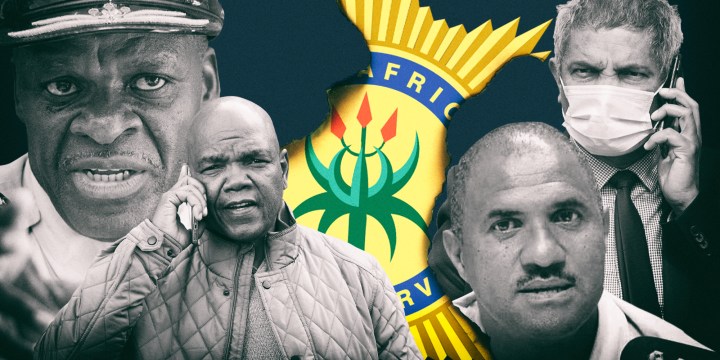
Divisions in the South African Police Service can be traced back to apartheid; today, they are driven by splits in the ANC. Journalist Caryn Dolley writes of police working in cahoots with gangsters – in essence, becoming gangsters themselves – while Jeremy Vearey unpacks the plots against him and the many efforts to unseat him.
First published in the Daily Maverick 168 weekly newspaper.
From To the Wolves: How Traitor Cops Crafted South Africa’s Underworld, by Caryn Dolley
Key cop investigators based in the Western Cape who looked into issues of national importance – including the various decades-old ways police officers have been pumping firearms to gangsters, the gorging of secret accounts, as well as curious links between gangsters, police, politicians and information peddlers – have all found themselves the targets of critical claims over several decades. This meshes with the Western Cape being South Africa’s gangsterism epicentre, a factor that leads one to wonder if the trend of politically backed cops handling, manoeuvring and joining gangsters has been, and still is, as rife as it was under apartheid, if not worse.
This would mean the supporting beams of apartheid still exist and have been exceptionally resilient. This in turn could explain why certain cop investigators, who fought the apartheid government and who are probably bonded by this shared past, have persistently handled these livewires of criminal trouble, refusing to let go, trying to snap them and instead being shocked by repeated currents of claims that have contorted their careers.
The alternative is that they, or some among them, are the ones who have led South Africa deeper into the realms of the underworld, while artfully deflecting torrents of criminal accusations. This is what their detractors – some cops – want us to believe. The basic rights of residents are trapped in an ever-deepening chasm between these two heightening theories, of cops being set up or designing set-ups.
In 2002 Jeremy Vearey, referencing what he viewed as attacks directed at him and his cop allies by other police officers from the apartheid era, said: “This is a Cold War from an intelligence perspective, and right now we are wasting our time fighting ridiculous battles when we should be fighting organised crime.” His words are still relevant two decades later.
A report on the Truth and Reconciliation Commission had indeed found that it was not only explicit violence that had ensnared South Africa under apartheid, but nauseating brutality of a more clandestine nature. “Violence has been the single most determining factor in South African political history. The reference, however, is not simply to physical or overt violence … but also to the violence of the law or what is often referred to as institutional or structural violence.”
Over the years, aside from waves of concentrated crime repeatedly slamming into the city, an undeniable trend has developed in Cape Town: rumoured intelligence operatives with ties to the ANC and private security, linked to instances of state investigators accused of dodgy dealings. For example, Cyril Beeka was under investigation by Andre Lincoln in the 1990s when Lincoln himself was then accused of crimes; Beeka acquaintance and intelligence operative Franklin Gray was suspected of setting up ex-Scorpions investigator Ivor Powell in the Operation Destroy Lucifer saga of 2008; and, in more recent years, another Beeka acquaintance, Nafiz Modack, whose name cropped up in the realm of accusations relating to rogue intelligence, accused cops Jeremy Vearey and Charl Kinnear of working with his alleged rivals, and also accused Lincoln of planning to have him framed for a crime he never committed. Beeka seems to be in the basement of each example, taking us back to the early 1990s with events that unfolded on the bridge between apartheid and democracy, and leading to a politically warped structure that others now operate on.
When Beeka was buried, an MK flag ceremony was performed on his coffin – at direct odds with the rumours of him being an apartheid propagator. Yet the key policeman who had once been tasked with investigating him, Lincoln, was also an MK. This implies that divisions within the ANC run deep and span decades, possibly predating democracy, when it seems plans within the party to steer the country started branching in opposite directions. Today the ANC is viewed as totally divided; simplistically and after scraping away all nuances it can be viewed as having a pro-Zuma faction and an anti-Zuma faction. This disunion seems to have extended to the police service, where a series of appointments under Zuma’s reign, and the repercussions thereof, coincided with a meltdown of policing, recurring volcanic eruptions of underworld crime and cop-on-cop sparring. This as various investigations for corruption seemed to circle closer to Zuma…
***
None of the grave claims, made over nearly a quarter of a century, against Vearey, Lincoln and Kinnear, and hovering over Jacobs, have so far stuck in an official court of law. The adhesive beneath those that may have the potential to stick – due to the sheer force driving them – has in any case weakened because of constant claims and counter-accusations. It is as if the sheer volume of claims against them has diluted the potency of any single claim, and as further allegations are made, the weaker these become, because they dissolve into so many others.
This is vastly different from the case of former Western Cape top cop Arno Lamoer, who was arrested in 2015 and less than three and a half years later was sentenced to time in jail for corruption. Perhaps this was the case because there was an actual crime to pin on Lamoer. The opposite of this scenario is more harrowing – that there are individuals who have committed despicable crimes but have managed to sidestep criminal charges because they are as skilled in avoiding charges as they are in dishing these out. It is simply not clear to the public to whom this is applicable because of the bombardment of claims from all quarters. But this infuriating and exhausting barrage of constant confusion is the intention of a smear campaign, so that those doing the smearing are blurred out.
Just imagine that South Africa was supremely duped and there had indeed been some pre-democracy, or early democracy, masterplan to see to it that certain politicians, buffered by a thick web of turned cops, state officials and supporting thugs spread across South Africa, would eventually take over the reins of the country. This while tightly holding on to the collars of global crook networks, pairing up with the Goswamis and Yester-Garridos of the world, to further line their pockets as they plundered their home state – and that any cop investigator who got near to this poisonous conglomerate of plots was smacked back via disinformation intended to warp public view of them. It would mean South Africa is the scene of warring state officials, the one side merciless in their attempts to cover their tracks and whose deceit has spilled over onto streets, igniting flashes of civil unrest in which countless innocent residents are stuck. On the other side would be cops who are targeting those figures and who have themselves become targeted – the hunters becoming the hunted. This would mean South Africa’s critical police and intelligence services have all but imploded.
Imagination aside, put together all the seemingly random cop claims and allegations that sprawl out over more than a quarter of a century and the overall picture that emerges does indeed make it seem as if a “third force” in the form of, or at the very least involving, intelligence operatives, dubious information peddlers and proxies, has either legitimately tried to expose crimes by some of Cape Town’s most seasoned cops, or has been hellbent on framing cops for crimes they did not commit. Vearey was of the absolute opinion that the latter was the case.
He said it escalated again sometime in 2018 when a rogue police officer attached to Crime Intelligence in the Western Cape gave tapes and documents to a reporter at the Sunday Times. “The documents and tapes made for some interesting evidence. It detailed how the rogue unit was started by a brigadier in Crime Intelligence in the Western Cape, named all members of that unit, and explained their line of report,” he said. “This defamation campaign also exposed all the false cases they registered against Kinnear and I, using fabricated sources and statements from gangsters with an axe to grind.” Vearey’s claim was highly reminiscent of all things Stratcom.
As if boldly underscoring and affirming Vearey’s stance, Sydney Mufamadi, a former safety and security minister, a few months later told the country that Zuma and the State Security Agency (SSA) had allegedly played a hand in manipulating the media under Zuma’s reign. Mufamadi alleged that “there has been a serious politicisation and factionalisation of the intelligence community over the past decade or more, based on factions in the ruling party, resulting in an almost complete disregard for the Constitution, policy, legislation and other prescripts. Our civilian intelligence community was turned into a private resource to serve the political and personal interests of particular individuals.”
Way back in 2003 an apparent whistleblower stated: “Our democracy is under threat. The intelligence community and security forces are behaving more and more like their predecessors. We need a commission of inquiry, comprising all political parties, prominent individuals and experts, to investigate, rebuild and guide our intelligence community and security forces.”
Mufamadi reinforced these words with his own – 18 years later. He further referred to an SSA operation codenamed Project Wave. “This involved infiltrating and influencing the media at home and abroad in order to, apparently, counter bad publicity for the country, the then-president and the SSA. The project was launched in the 2015/16 financial year with a budget of R24-million.”
Mufamadi further alleged: “The [media] agency [used for this] we were told is African News Agency (ANA).” Vasantha Angamuthu, chief executive officer of ANA, denied this had been the case, but then seemed to contradict herself, admitting: “In 2016/2017, ANA had a contract with the SSA to provide multimedia training for SSA analysts and interns across Africa, and to use its platforms, in particular the African Independent newspaper, to carry positive stories about South Africa and the South African government.” Several journalists were said to be on the SSA’s payroll.
Even the ANC nationally pointed to a master smear campaign being run against those who supported President Cyril Ramaphosa and his administration. “The [National Executive Committee] … noted the re-emergence of an orchestrated campaign of ‘fake news’ directed against President Cyril Ramaphosa and other leaders of the ANC – akin to the disinformation crusade South Africa experienced during the height of state capture. As before, these machinations, which are aimed at undermining organisational and societal renewal, and at subverting the process of social transformation, will fail.”
Stratcom 2.0 was, therefore, based on Mufamadi and the ANC’s assertions, very real. If it had saturated the media, there was no reason to suggest it would not have been linked to the police as well. Even Zuma, ironically, likened the mounting allegations he was facing, and the fact that he was effectively being forced via legal processes to finally answer to these, as a situation reminiscent of apartheid: “I do not fear being arrested, I do not fear being convicted nor do I fear being incarcerated. I joined the struggle against the racist apartheid government and the unjust oppression of black people by whites in the country at a very young age. As a result, I was sentenced in December 1963 to serve 10 years on Robben Island at the age of 21. Thereafter, I continued to be at the forefront of the liberation struggle within the ranks of the African National Congress and uMkhonto we Sizwe in exile until my return to South Africa in the early ’90s. In all the years of struggle, I had never imagined that there would come a time when a democratic government in South Africa built on Constitutional values would behave exactly like the apartheid government in creating legal processes designed to target specific individuals in society.”
While Zuma and Mufamadi (whose view aligned with the pro-Ramaphosa faction of the ANC) were sitting on opposite sides of a fence – Mufamadi effectively accused Zuma of being corrupt and Zuma pointed back, saying he was being victimised – they were both correct in one regard: South Africa has undeniably been prevented from taking progressive steps forward. The police service stemming from Cape Town alone, a terrain littered with the tattered pieces of ripped-up criminal investigations and cop reputations, points to this. DM168
From Into Dark Water: A Police Memoir, by Jeremy Vearey
The Winnowing
The leadership of the SA Police Service in the Western Cape was bleeding, and so were the people of the Cape Flats. Provincial Commissioner Khombinkosi Jula had not only demoted Major-General Peter Jacobs and me, his Crime Intelligence head and Deputy Provincial Commissioner for Detectives, but dismissed Deputy Provincial Commissioners Renee Fick and Mzwandile Mzamane, and replaced them with their juniors, whom he had promoted from KwaZulu-Natal soon after his appointment. With that, he culled all his deputies within months of his appointment in 2016.
By August 2019 every survivor of this purge had returned to their previous posts. Jula himself became the Provincial Commissioner of KwaZulu-Natal and those from KZN whom he had promoted into posts in the Western Cape followed him soon afterwards. Others, like his Deputy Provincial Commissioner for Detectives in the Western Cape, Major General Mbotho, suffered a more ignominious fate. A pornographic video clip with a lewd message circulated from his cellphone to a detective WhatsApp group was leaked to the media. Mbotho apologised publicly and left the province for another post at head office.
Under Jula’s reign in the Western Cape, gang-related violence had increased at an unprecedented scale. Affected communities demanded SA National Defence Force deployment. President Cyril Ramaphosa agreed.
“Was it tribalism or KZN provincial chauvinism?” someone asked me recently.
“Was it a Bantustan police faction?”
“Was it anti-coloured racism against you and Jacobs?”
I was battle-fatigued, and did not respond. The Jula purges reminded me of something Antonio Gramsci once wrote about the battle between alternative hegemonies in his Prison Notebooks: “Previously germinated ideologies … come into confrontation and conflict, until only one of them, or at least a single combination of them, tends to prevail, to gain the upper hand …”
Major-Generals Jacobs, Fick, Mzamane and I prevailed against the injustice done to us. Gang warfare declined and, in the wake of the launch of the Anti-Gang Unit and the deployment of the National Defence Force on the Cape Flats, it mutated. As did gang conflict (metaphorically speaking) within the SAPS Western Cape.
In July 2019 Lieutenant General Sindile Mfazi was redeployed from National Office as Acting Provincial Commissioner for the Western Cape in a caretaker role until the appointment of a new Provincial Commissioner.
“We must do something about Vearey before the Provincial Commissioner post is advertised,” a member of the Hawks with links to the family of the gangster Cyril Beeka told his colleagues. As usual, a recording captured his words.
“I will never report to Vearey,” another senior Crime Intelligence officer told a meeting at the provincial office in my absence. A recording captured this too.
“You must help me; Vearey will finish me off,” a detective appealed to a general whose private agendas he had served.
“Vearey and Jacobs made Jula fail. They shifted all resources to the coloured areas and neglected the townships,” a general from National Office said.
“Have you ever thought about moving to head office?” the same general asked me. He offered me the post of national head of the Anti-Gang Unit but, true to form, denied doing so later when political expedience dictated otherwise. I was offered the same thing by National Commissioner Sitole in 2018, with much the same consequence. It did not come with a promotion. I was not surprised.
In the final analysis, whatever their agendas, whether criminal, corrupt, personal, political, tribal or racist, a new axis of interests converged. I saw no difference between the old dregs and the new. I listened and watched, then played them.
Washing of the Spears
On 3 August 2017, Judge Hilary Rabkin-Naicker of the Labour Court passed judgment in the matter between the applicants Peter Anthony Jacobs and Jeremy Alan Vearey and the respondents, who included Acting National Commissioner Khomotso Phahlane, Provincial Commissioner Khombinkosi Jula, Major-General Patrick Mbotho and Major-General Mzwandile Tiyo. The judgment not only ruled against the respondents on the matter of our transfers, ordered on 13 June 2016, but stated: “The respondents are to pay the costs of the application to compel and this application, including costs of senior counsel.”
The judgment was an unprecedented victory for the Police and Prisons Civil Rights Union (Popcru), Advocate Hendricks and our senior counsel, Advocate Michael Donen. It was unusual for generals to take on generals, and win in this way. This victory for Popcru was true to its slogan, “Justice for All”. And it was used as a legal precedent to positive effect in subsequent labour disputes within the SAPS.
Our choice of Popcru and of counsel was deliberate. Popcru had been formed in 1989 by police officers who supported the antiapartheid struggle. That was the same year Peter and I started serving time on Robben Island for terrorism. And Advocate Michael Donen had represented us in that terrorism trial.
Several months after the judgment, National Commissioner Khehla Sitole wrote to me on 4 April 2018: “Kindly be informed that your redeployment from the post of Cluster Commander: Cape Town: Western Cape to the post of Deputy Provincial Commissioner: Crime Detection: Western Cape, in the interest of the service delivery needs of the South African Police Service, is approved with immediate effect.” This was a pyrrhic victory, and worse was yet to come.
On the Monday after receiving the commissioner’s letter, I walked into my old office in Green Point, home of the Provincial Office of the SAPS in the Western Cape and historic site of the Old Somerset Hospital and Lunatic Asylum for civilians and slaves. I was back as the Deputy Provincial Commissioner for Crime Detection, two years after my unlawful transfer from the post.
Provincial Commissioner Jula was still in charge, but his deputy provincial commissioners had been either transferred or dismissed. Major General Patekile, previously the Deputy Provincial Commissioner for Visible Policing, was sent to the Eastern Cape. Major-General Fick, Deputy Provincial Commissioner for Finance and Supply Chain, was dismissed in May 2018, while Major-General Mzamane, Deputy Provincial Commissioner for Human Resource Management, was dismissed in August.
I had not chosen this battlefield, but I was going to make it mine. I became a witness for those dismissed in the arbitration and legal proceedings that followed. Major-General Mzamane was reinstated in August 2018, and Major-General Fick in June 2019.
In February 2018 National Commissioner Sitole addressed the media at Disa Court in Bishop Lavis. His comments on questions about discord within the Western Cape police management were reported by the SABC as follows: “On the side of the police, we formally introduced a concept that we refer to as Simunye – and the Simunye concept is intended to nurture collective leadership that is getting police united to have a shared vision.”
The isiZulu word “simunye” means “we are one”. What followed the Commissioner’s address was something I had never experienced in the police before. Psychologists from our employee health and wellness component descended upon us and held prescribed group sessions. They told us to be open with our feelings. Some participants went Oprah Winfrey but many, like me, were cagey or silent. With hindsight, I had good reason to be cagey because nothing came of this intervention.
Siyinhlakanhlaka: we are divided.
Asihlangene: there was still no unity within police management.
Our spears are still stained with old blood. DM168
This story first appeared in our weekly Daily Maverick 168 newspaper which is available for free to Pick n Pay Smart Shoppers at these Pick n Pay stores.

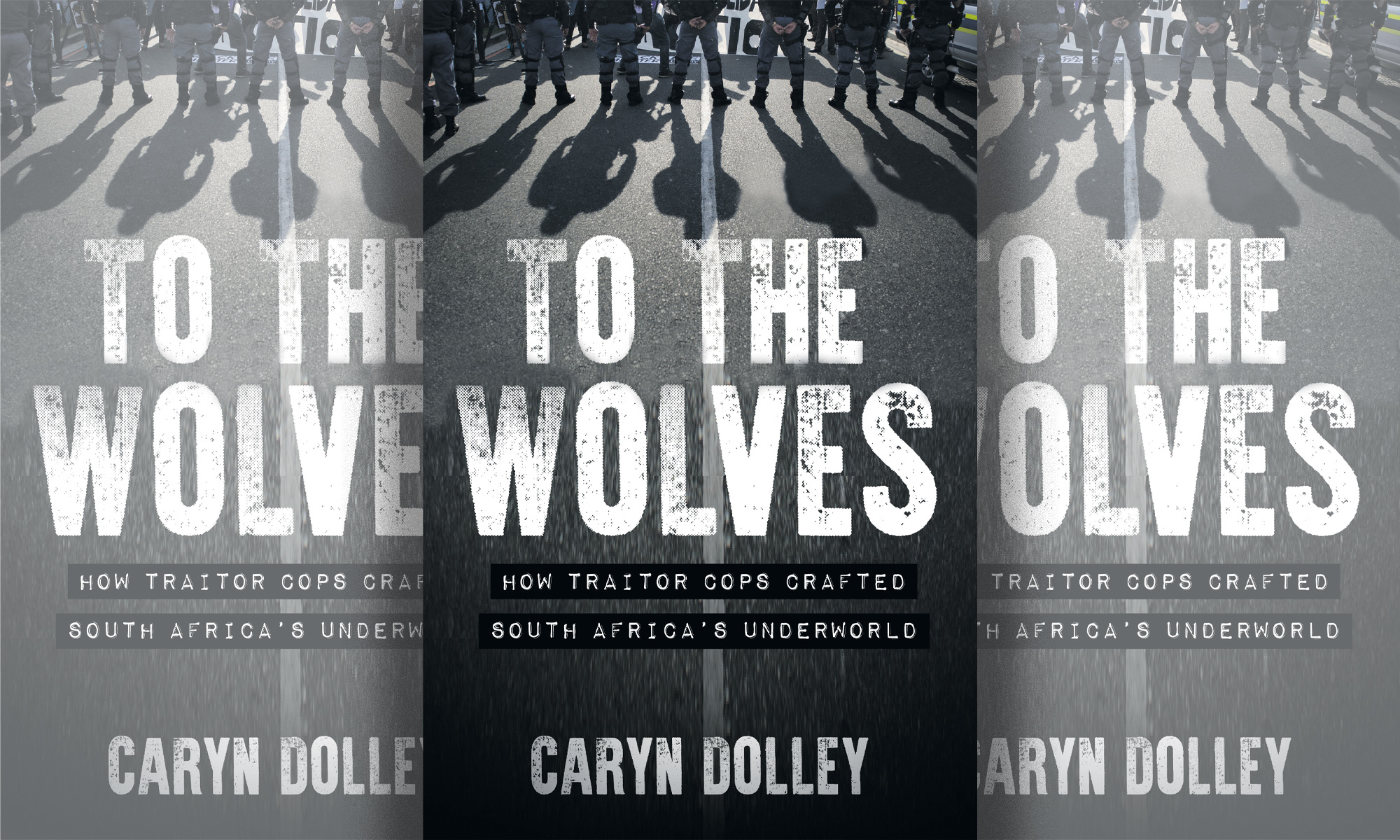
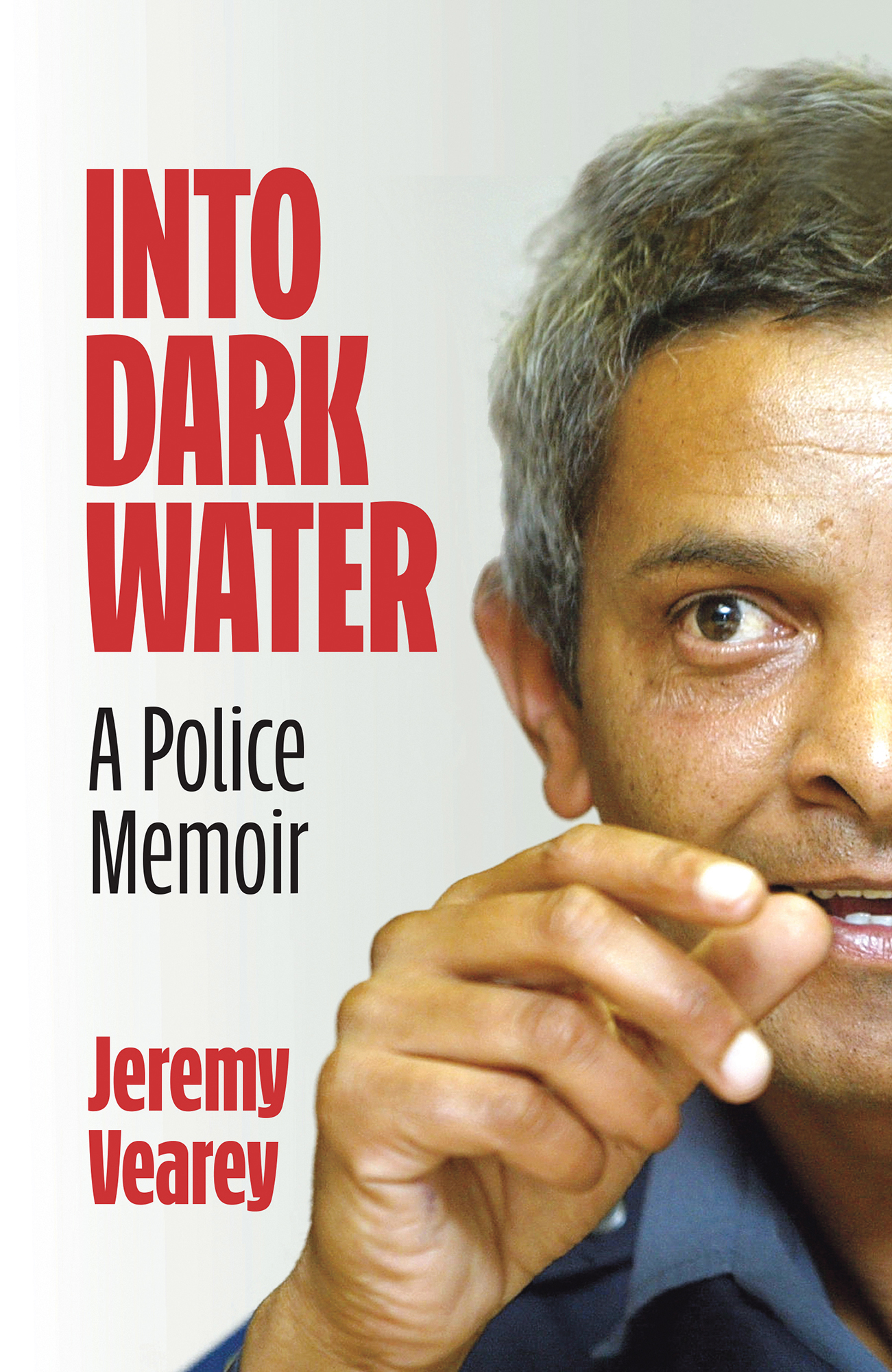
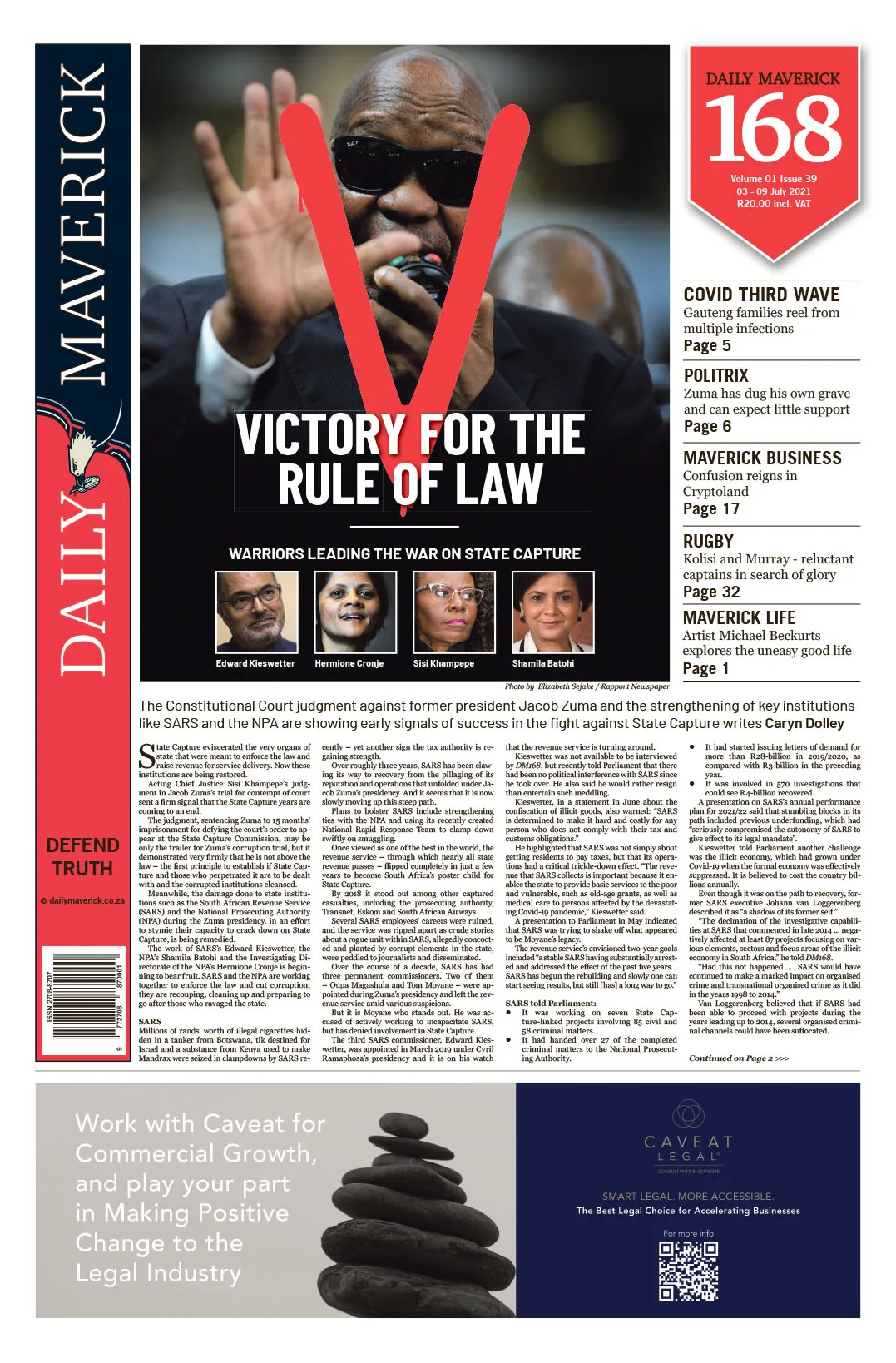








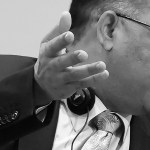










I was right all along,when Jula was appointed as w cape commissioner, I said I’m sure he reports to Zuma.He had a purpose here.Remember there was an article about a guy in kzn who said his son can’t become the leader of the 28 s as the leaders get killed.Funny coincidence kzn and western cape linked again,ja well no fine.